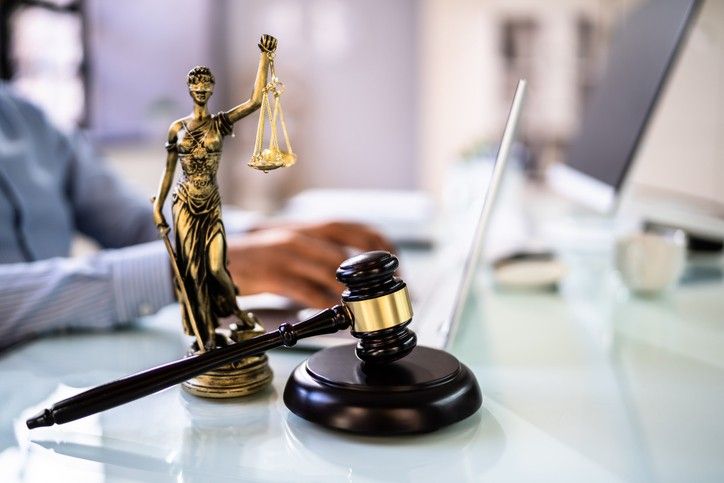At Lotze Mosley PLLC, our Washington D.C. criminal defense attorney knows there are several ways law enforcement tracks down leads when attempting to identify individuals allegedly involved in a crime.
One of those ways is called securing a “Geofence Warrant.”
Geofence warrants require a provider — almost always Google — to search its entire reserve of user location data to identify all users or devices located within a geographic area during a period specified by law enforcement.
These warrants have been criticized as violating Fourth Amendment rights because they are not targeted to a particular individual or device, like a typical warrant for digital communications. The only “evidence” supporting a geofence warrant is that a crime occurred in a specific area, and the perpetrator likely carried a cell phone that shared location data with Google.
For this reason, they inevitably sweep up potentially hundreds of people who have no connection to the crime under investigation — and could turn each person into a suspect.
Geofence warrants have been possible because Google collects and stores specific user location data (which Google calls “Location History” data) all together in a massive database called “Sensorvault.” Google reported several years ago that geofence warrants make up 25% of all warrants it receives each year.
The good news is, starting December 2023, Google changed how it stored and encrypted location data, meaning it technically could no longer respond to such warrants — a move that privacy advocates widely celebrated.
How Has Google’s Privacy Policy Changed to Avoid Responding to Geofence Warrants?
Google’s announcement outlined three changes to treating Location History data.
- First, in the future, this data will be stored, by default, on a user’s device instead of with Google in the cloud.
- Second, it will be set by default to delete after three months; currently, Google stores the data for at least 18 months.
- Finally, if users back up their data to the cloud, Google will “automatically encrypt your backed-up data so no one can read it, including Google.”
Contact Our Criminal Defense Lawyer at Lotze Mosley PLLC Today
If you are being investigated for a crime that began with a geofence warrant, call (202)-393-0535 to speak with our skilled criminal defense attorneys in Washington, D.C., at Lotze Mosley PLLC. We will protect your rights so you can make informed decisions about how you respond to law enforcement questioning.









